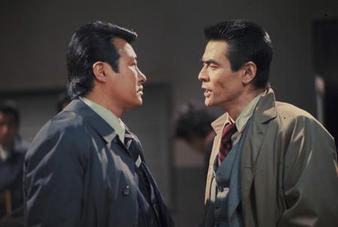 Cop vs. Thugs has a lot of the same traits as Fukasaku's more celebrated films, but in this film the focus is on a dirty cop, Kuno, who performs shady back-deals for the Yakuza. Kuno is a man that is torn between his childhood allegiances with the yakuza and the increasing pressure from his superiors to become a clean cop - particularly when the new superior, Kaida, dedicates himself to cleaning up the force. In most films, Kaida would be the focus, but Fukasaku is much more interested in the plight of Kuno, whose forced to make tough decisions. Fukasaku tends to be an angry filmmaker when being critical of governmental bodies or police, and this film is definitely no different. Throughout the film we are shown stark parallels between the Yakuza clan and the police force, suggesting that these two groups of men really aren't very different at all. The police force was a very corrupt institution at the time, and Fukasaku holds no punches in exposing that fact. The biggest problem I had with the film was that it took way too long for this Kaida character to show up, which is really what ignites this whole moral dilemma for our main protagonist. I understand the need to show how the Yakuza and Police are intertwined, but taking an hour to get to Kaida's introduction was just a poor decision. Like any of Fukasaku's films the violence is fast and ultra-violent. He doesn't over-stylize it, but rather presents it a genuine way. Kinji Fukasaku's Cops vs. Thugs certainly has its merits but its definitely a notch This is an interesting film but its definitely a notch below his best work. 7/10
0 Comments
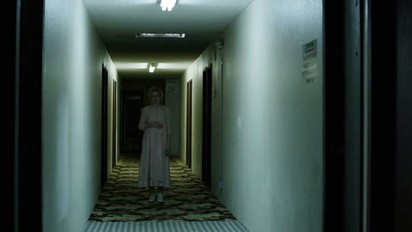 Rachel, a young teenager, lives with her fundamentalist Morman family in Utah. On her 15th birthday she discovers a "forbidden" cassette tape with Rock music. Enamored by this music which she has never experienced, Rachel has what could be called an "out of body" experience and in three months time Rachel turns up pregnant. Rachel claims to have had an immaculate conception from listening to the music but her parents believe an intolerable transgression has happened between her and her brother. With an arranged marriage planned, Rachel runs away with her brother to Las Vegas in search of the man who sings on the cassette tape. Rebecca Thomas' Electrick Children is certainly a unique coming of age tale that unfortunately doesn't live up to its promising concept. Like her central character, director Rebecca Thomas grew up in the Mormon faith and she clearly doesn't have anything particularly good to say. This is an unabashed celebration of modern life from artistic expression to medicine and the director's venom for Mormonism ends up clouding the film for me. This isn't to say that the director's message isn't genuine, but I found Billy Zane's character, the father of the family, far too one-dimensional, like a walking caricature of Mormonism. Julia Garner certainly deserves praise for her performance as Rachel, bringing a great blend of naivety and confidence to her performance. Electrick Children is a film in which ones enjoyment may in fact lay in where they stand about Religion but for me the film just fails to have much to say on the subject, ultimately feeling much more like a fluff piece towards the end than anything particularly challenging. 5.5/10 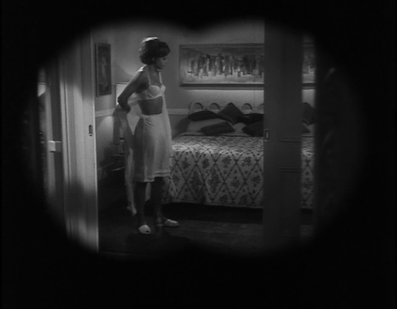 Lawrence, a young 20-something man, lives in New York where he works as a busboy at a disco club. Lawrence is not particularly right in the head, constantly fighting with sexual problems related to the events of his childhood. This leads him to set his sights on Nora, a deejay and hostess at the disco club. Lawrence's ever growing obsession with Nora leads to obscene phone calls, acts of voyeurism, and trips to the porn shop in an effort to quench / understand his sexual desires. Becoming frightened for her safety Nora seeks out Bill Madden, a grim, obsessive policeman who specializes in sex crimes. Joseph Cates' Who Killed Teddy Bear provides a detailed look into the life of a man suffering from mental illness of the sexual variety. The film doesn't condemn Lawrence as a psychotic but rather presents him as a man suffering from mental illness stemming from his childhood. He is dangerous no doubt, but he himself isn't totally aware of his own actions. This is a film about violated innocence and maybe my favorite aspect of the film is the dichotomy which exists between Lawrence and Bill, the man obsessed with finding and catching him. Bill is a man obsessed with crimes of the sexual nature, spending every waking second studying evidence and in turn, neglecting his own daughter. He is a vengeful man whose personal vendetta stemming from his wife's death make him just as unstable as Lawrence at times, to the point that towards the end of the film one because to even question who the true monster is. In a way these two men represent each other, as Bill's neglect of his daughter mirrors Lawrence's neglect of his mentally unstable sister. Who Killed Teddy Bear is a far from perfect film, sometimes veering too far into melodrama but one cannot deny the unsettling forward thinking nature of this film. 7/10 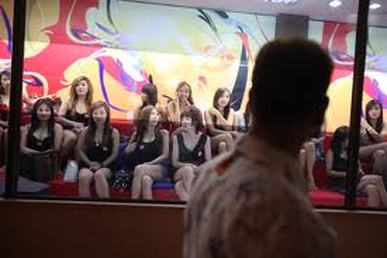 Michael Glawogger's latest documentary, Whores' Glory, is an unflinching look into global prostitution. The film examines the daily routines and unnerving experiences of prostitutes in Thailand, Bangladesh and Mexico with each feeling like its own separate world. Whores' Glory is a bleak journey but is never remotely judgmental in approach, which in turn makes it that much more compelling. Michael Glawogger and cinematographer, Wolfgang Thaler, shoot this picture with such emotion, from almost shame-filled voyeuristic shots frequent in stretches of the Bangladesh segment, to a perfect variety of static and moving shots that never intend to sexualize these woman, The one exception would be a fantastic opening scene which is really the only part of the film that is sexually suggestive in nature. This is the only sequence in the film that is from the outside world's point of view. Whores' Glory dives deep into these woman's lives to the point where they reveal their souls. We explore their environments getting the accustomed to the world in which these prostitutes live. Even more importantly, Whores' Glory achives exactly what it sets out to do in giving an incredibly harrowing view into the world of prostitution in three distinct locations. 9/10 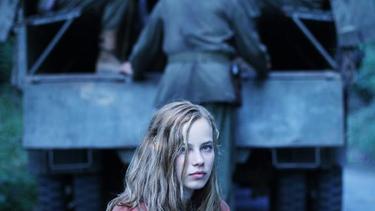 After their father and mother, staunch Nazi believers, are taken into custody by the Allied forces at the end of World War II, five German children are left to fend for themselves. Led by their eldest sibling, 14-year old Lore, the five children set out on a harrowing journey across the devastated German countryside in the hope of reaching their grandmother who lives up north. Cate Shortland's Lore is a very powerful and unique coming of age story that pensively examines a young woman whose come to realize that everything she ever believed in was a lie. While there are countless film about WWII, not many examine the German side, showing how these young children's lives are shattered at the end of the War. The film does a fantastic job at putting the viewer into the psyche of young Lore, starting from the very opening scene. The viewer is thrown into the film, being clearly in Lore's POV, as we soon realize that Lore's father was an SS soldier and they are in hiding at the end of World World II. Everything unfolds organically through the opening 20 minutes or so, with the film trusting that the viewer can pick up exactly what is going on much like Lore. This is certainly a hard film to watch, with some vivid imagery throughout that pulls no punches when fixating on the death, misery and sorrow which has transpired. There are quite a few sequences where the frame simply rests on a dead body or harrowing image which not only effects the viewer on an emotional level but serves a purpose at capturing the type of inability to comprehend such imagery which a child like Lore could have. Another aspect about the aesthetic which I loved was the juxtaposition of nature with death. There are countless images throughout Lore which capture this magnificent beauty, yet everything going on in these character's lives is of death and despair. It's a really interesting creative decision which seems to almost be a subtle reminder that mankind created such sorrow. Throughout this hellish track the film showcases how manipulated the german people were to Hitler's final solution, and the film never pity's them nor demonizes them. That is what seperates Lore apart from many similar films, its ability to go beyond the blame and find the humanity of it all. Lore's story is a tragic but almost uplifting one in that she has learned that everything she ever knew was an horrendous lie but because of this horrible experience she won't grow up with the hatred which her elders had for anyone different. 8.5/10 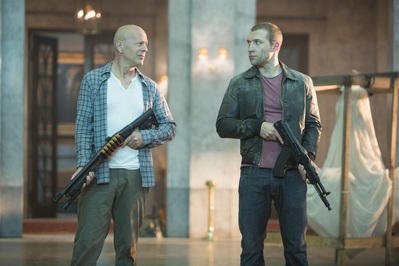 After learning of his son's incarceration in Russia, John McClain flies overseas in an attempt to help his long-lost son in anyway possible. On his arrival and through the subsequent action sequence, John discovers that his seemingly wayward son, Jack, is not a criminal but actually a CIA operative working to prevent a nuclear-weapons heist. Being cut-off from communication with Langley, John teams up with his son Jack, to once again fight seemingly insurmountable odds. John Moore's A Good Day to Die Hard is another big, loud, action flick that feels nothing like the other films in the Die Hard series. Instead, this film is shiny, slick and over-the-top, having more in common with recent generic action films than the quintessential action film, Die Hard. For starters the narrative of A Good Day to Die Hard really doesn't fit the character of Jhon McClane. McClane has always been a character who just happens to find himself at the wrong place at the wrong time with no real desire to do anything that risks himself getting killed. In this version he is the one who shows up and promptly jumps into the mayhem to save his son. There is a paternal argument to be made, but really the biggest problem lies in the fact that McClane feels more like Rambo than the average man in a bad situation. The action throughout A Good Day to Die Hard is very over-the-top, with McClane looking unstoppable. There is absolutely no tension in this film or suspense as I never once felt McClane was in real danger. The script's narrative is certainly generic but what bothered me more is just now inorganic McClane's oneliners felt. It never felt geniune coming from Willis' mouth almost as if the filmmakers simply felt obligated but put absolutely no passion into the character. To be fair to A Good Day to Die Hard, there are quite a few fun, albeit ridiculous action sequences. I can't help but admit that the first major action sequence, being a massive pursuit sequence, was particularly well choreographed, exciting and fun. In the end this film had no reason to be a Die Hard movie and if it wasn't I may have even thought it was decent fun. Unfortunately it's the fifth Die Hard movie which couldn't feel further removed from the other films in the franchise. 4.5/10 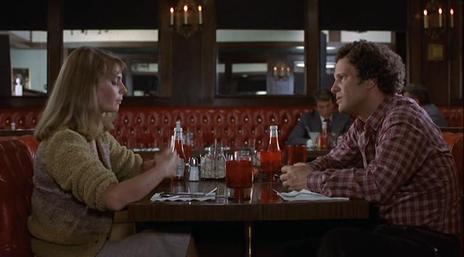 Albert Brooks' Modern Romance is Brooks' unique take on the romantic comedy genre. The film begins in a very atypical way, as Robert Cole exchanges harsh words in a diner with his girlfriend, Mary. Robert is certain that the two should not be together and after another somewhat heated argument each of them are sent their separate ways. While subtle, during this break-up it's apparent that this isn't the first time Robert and Mary have had these types of discussions and soon after their breakup, Robert spends countless days torturing himself about letting Mary walk out of his life again. Modern Romance is the quintessential relationship drama because of its ability to capture the rampant emotions which consumes one man through the various stages. We see Robert from being alone in his own sorrow, to his fight to get her back and even his inevitable jealously and mistrust when he does get back together with Mary. It is able to capture the ups and downs of a relationship in an incredibly truthful way that is hysterically funny and impressively insightful. The most telling aspect of Modern Romance is just how cringe inducing the film can be, as I found myself wincing in recognition as I caught glimpses of myself. Robert is an incredibly neurotic character whose jealously and sorrow reaches absurd lengths but in these exaggerations is the principle truth in every relationship. Through Robert the viewer experiences how a relationship can be hurt by nothing more than ones own insecurities with Robert's jealousy and lack of trust leading to this vicious cycle which him and Mary, no question the love of his life, journey on. Modern Romance is a rare film that succeeds at being incredibly funny and sharp while also being quite profound in its dissection of relationships. 8.75/10 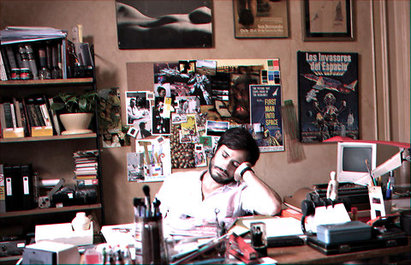 During the late 1980s, Chilean military dictator August Pinochet is forced to call a plebiscite on his presidency, due mainly to international pressure. The countries' people will decide the future by simply voting yes or no to Pinochet extending his reign another eight years. With the No campaign severely lacking the resources of the Yes campaign they turn to Rene Saavedra, a young advertising executive, to launch the No campaign. Pablo Larrain's No is equal parts tense, comedic and uplifting in its presentation of something in which many people around the world take for granted - the ability to have an opinion and express it through democracy. While Pablo Larrain's previous efforts also touch on political subject matter, these characters were more passive but with No, Larrain turns his sights on the men responsible for fighting for political change. The first thing that jumps out about No is the aesthestic which is designed to mimic the time period with grainy, 4:3 ratio photography which is very similar to what would be seen on the television. This aesthetic is really effective at enhancing the realism of the film to the point where at times one has to remind themselves that they aren't watching a documentary or stock footage. While obviously supporting the No movement, the film spends time showing the behind the scenes of both the yes and the no campaigns which helps to build this tension leading up to the vote. Rene Saavedra is a man whose doing this for his wife/girlfriend, his child and his country and while some films would get too wrapped up in his personal story, Larrain stays focused on the ad campaign while subtlely touching on the wear and tear this whole ordeal has on his personal life. Pablo Larrain's No is a great snapshot of an important time period in the history of Chile and with a well designed aesthetic and strong performances, he achieves what he set out to do, create a testament to the men who risked their well being to change their country. 8.25/10 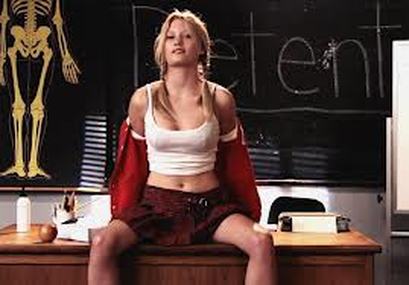 Angelina is an 18-year-old girl on the verge of finishing high school. Her family life isn't exactly easy with her mother being an alcoholic and her step-father being creepily unstable. One day her boyfriend suggests she take naked pictures for money. She is hesitant at first but after realizing the monetary potential, she leaves with her best friend to San Francisco where she starts working in pornography under the name Cherry. Stephen Elliott's About Cherry is one of the worst indie films I have seen in quite awhile with seemingly no point or purpose behind what it presents the viewer. I guess the filmmakers intention was to present a portrait of how certain individuals get involved in the porn industry but our main protagonist Angelina goes through absolutely no change outside of deciding to take her clothes off and have sex in front of a camera. All of the supporting characters which revolve around Angelina are one-dimensional walking stereotypes from the alcoholic mother to the best friend who hides his true feelings about her. This aforementioned best friend angle truly bothered me for being incredibly cliché and ridiculous. Angelina literally lays on top of him, often in her underwear, cuddles with him constantly and yet she gets mad at him when she catching him watching her videos. She screams "Do you love me? Do you Love me? I guess just not enough to jerk-off to someone else" What kind of logic is that?? Especially given this character's actions. The other main subplot revolving around Heather Graham and her girlfriend is also unbearable, ultimately pulling away some semblance of Angelina's story arch. Well who am I kidding, this character has absolutely no arch with this film having absolutely nothing to say. I've always said I'd much rather watch a bad Hollywood blockbuster (Battleship or Priest for example) than a bad indie film, and this film reaffirms why. 1/10  Tom and his pregnant wife Evelyn are on vacation in Spain. While they are enjoying themselves, they find the mainland to be far too chaotic, deciding instead to go to the remote island of Almanzora in an attempt to escape the over-abundance of tourists. When they arrive on the island they find it to be almost completely uninhabited except for small children. After they get settled, Tom and Evelyn quickly realize that the children are responsible for the lack of inhabitants. Another film which I should have seen ages ago, Narciso Ibanez Serrador's Who Can Kill A Child is sadistically fun horror film that takes its time building the atmosphere surrounding a group of psychopathic children. Who Can Kill A Child? rdoesn't rush into things, letting the viewer soak in the setting, slowly building this overwhelming sense of dread. With a subject matter such as "Killer Children" many may write this film off as mere exploitation or silliness but the film is actually a serious-minded film with a message. The film opens with stock footage of various tragedies across humanity with narration focusing on how these tragedies left many innocent children dead. This is a common theme throughout the film, as the tourists see footage of another tragedy at the children's expense. The children are basically a symbol of innocence, with Serrador making a point about how innocence lost may be the most terrifying thing going on in the world. It is never clearly defined but the film makes an argument that these children are simply protected themselves from the harshness of the world. Maybe I'm giving the film a little too much credit but it certainly was effective for me. Who Can Kill a Child is well photographed and features a great, creepy soundtrack but what stood out to me is how the director never forgets that these killers are children. Throughout the film he makes a point to show how hard it actually would be to kill a child whether in self-defense or not, really playing against perceptions. Who Can Kill A Child? is a lot of un and a film that surely deserves its praise. 8.25/10 |
AuthorLove of all things cinema brought me here. Archives
June 2023
|
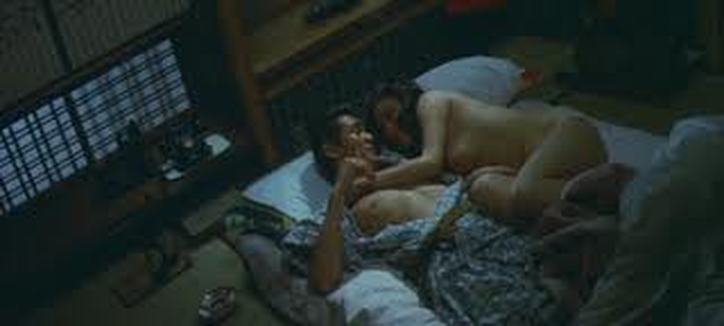
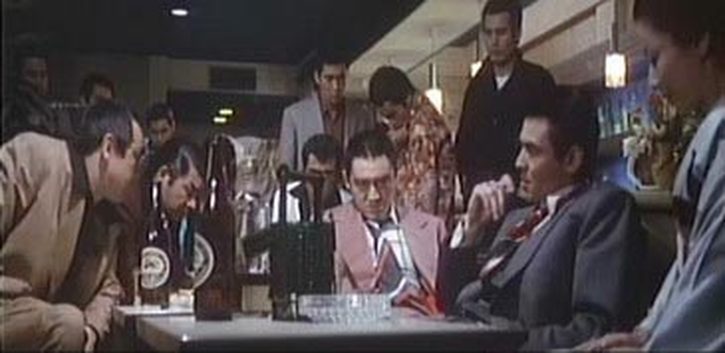
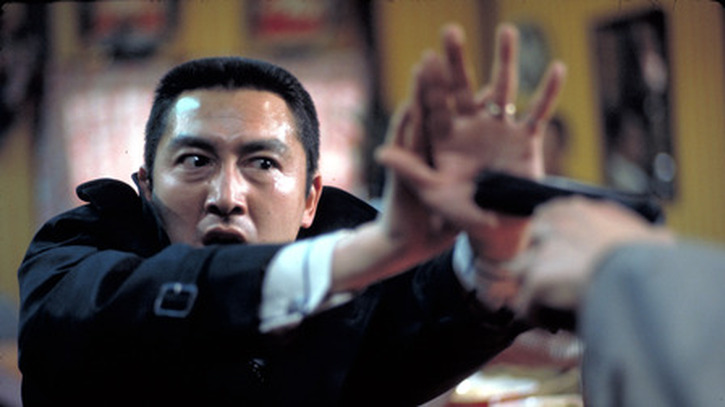

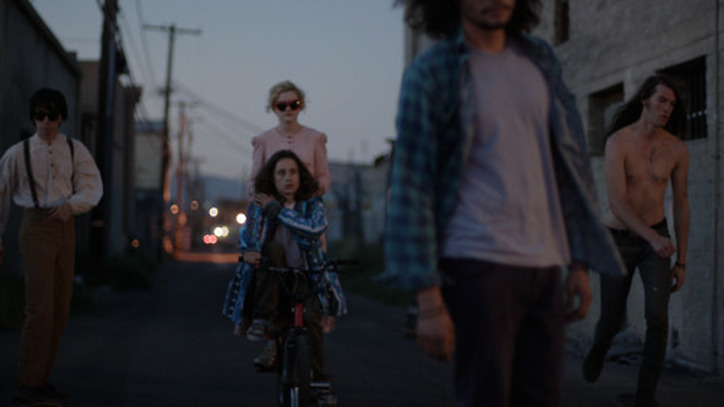
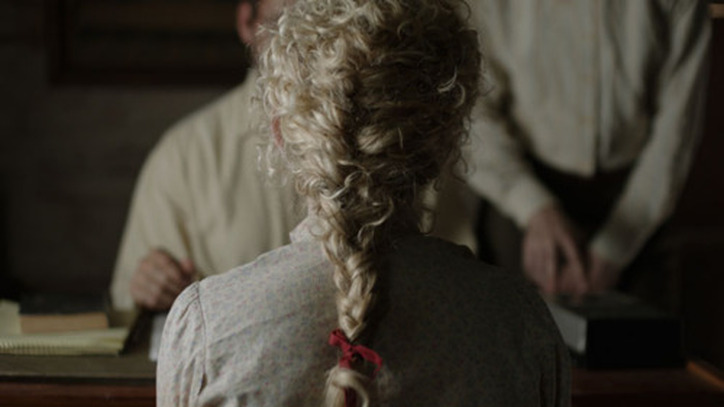
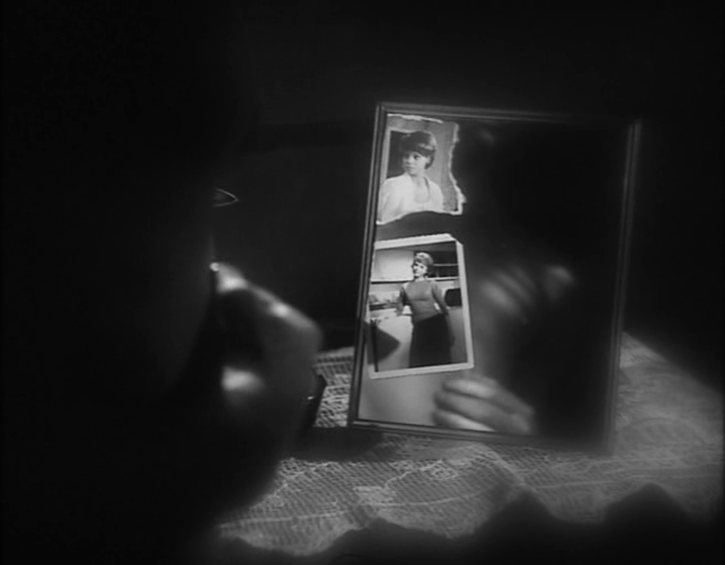
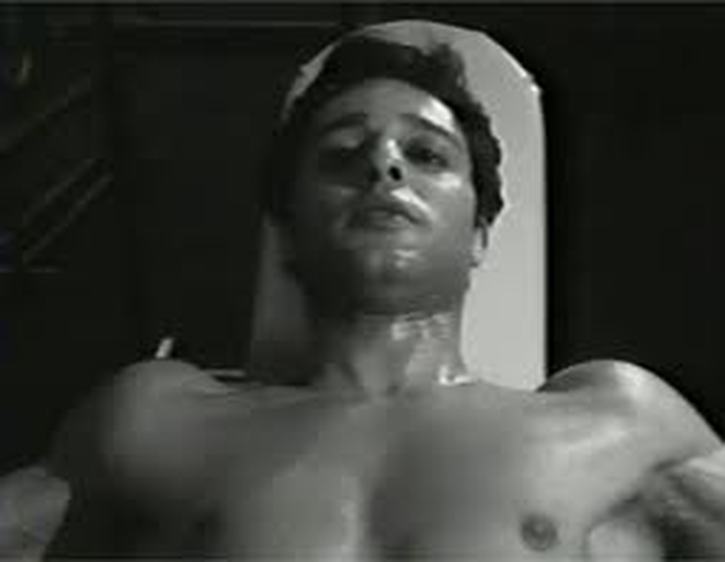
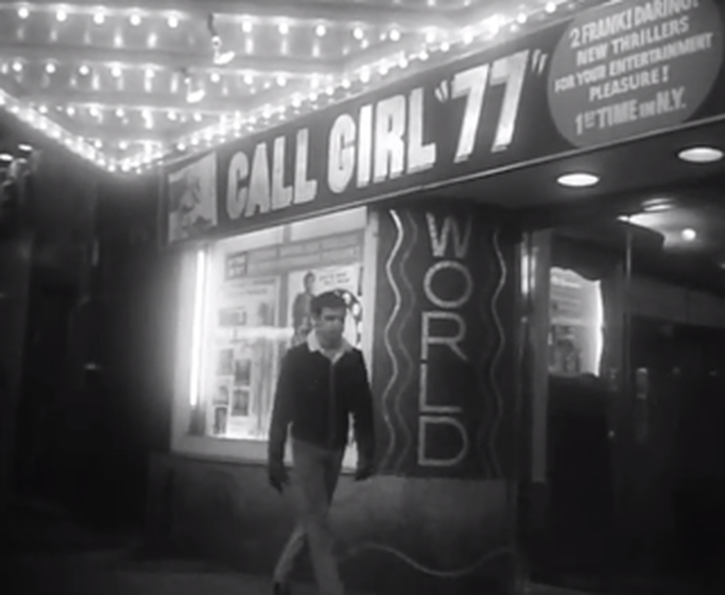

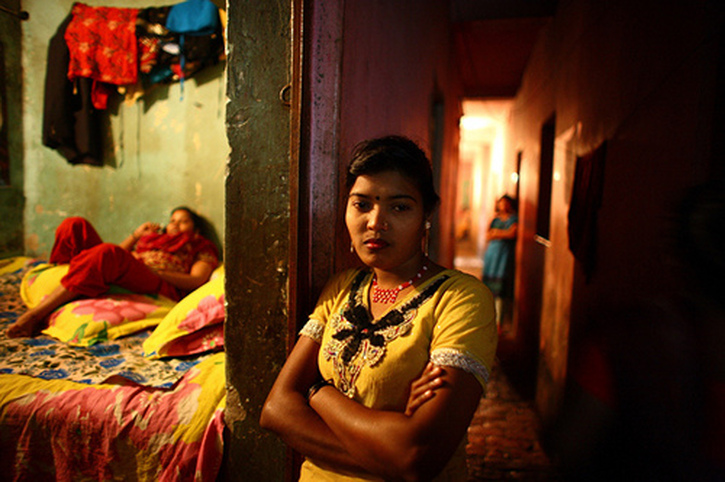
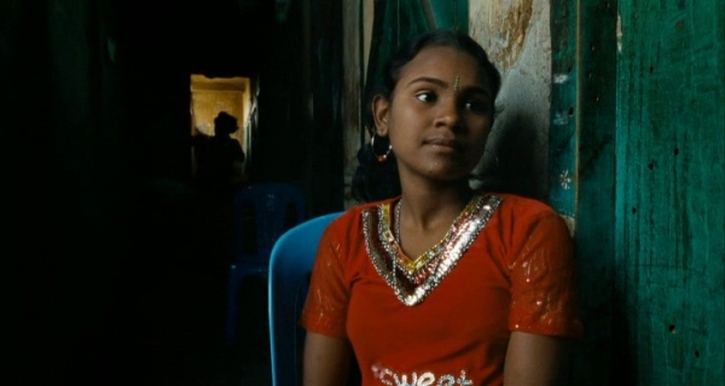
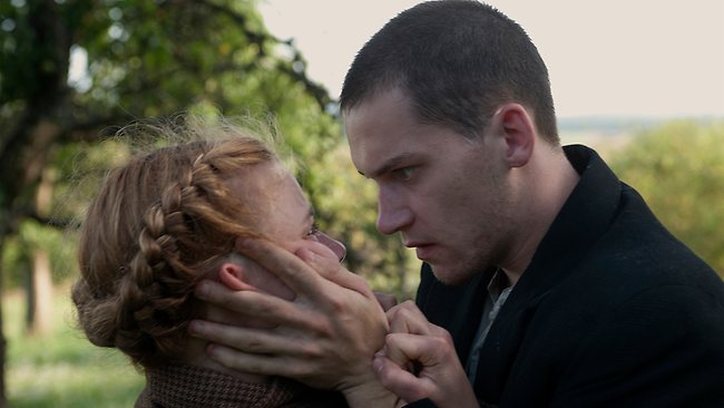
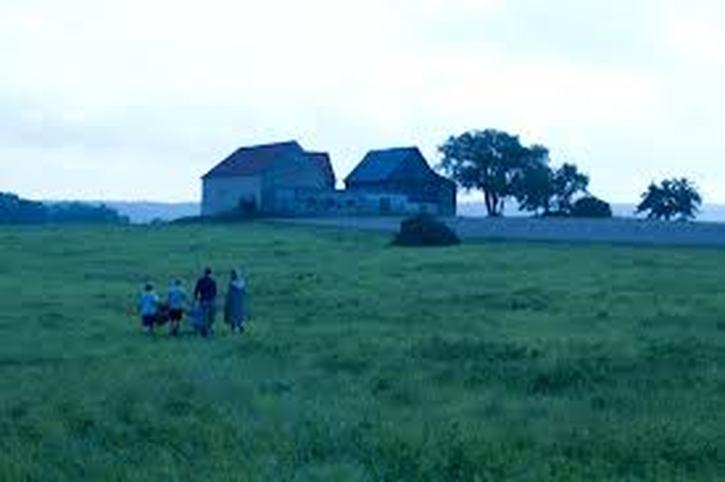
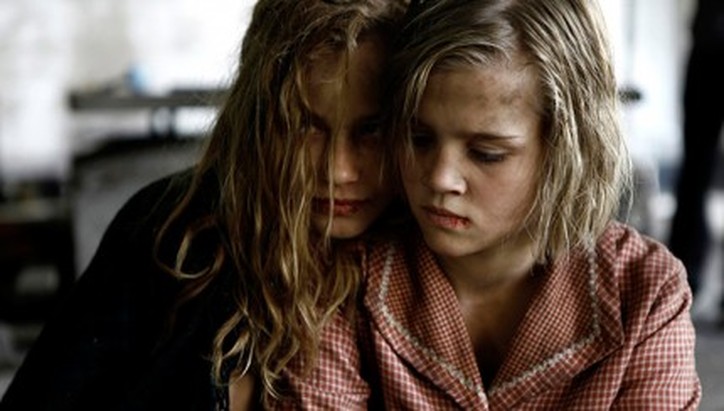
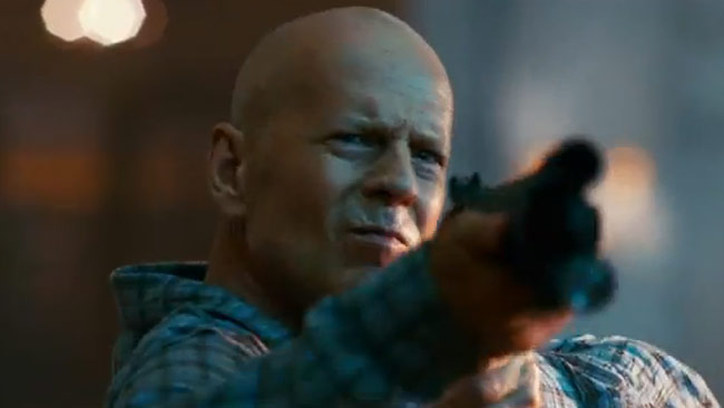

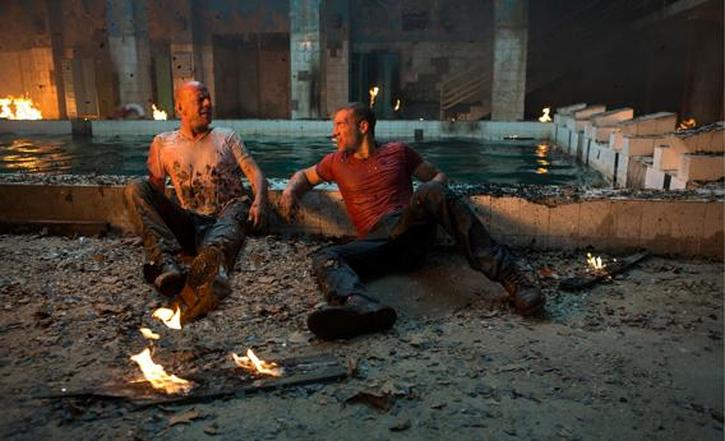
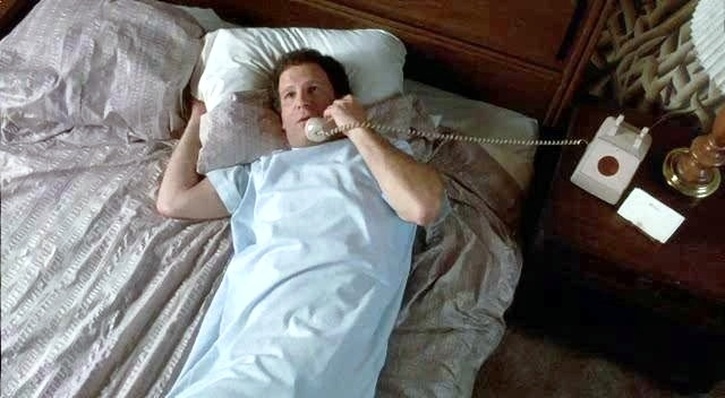
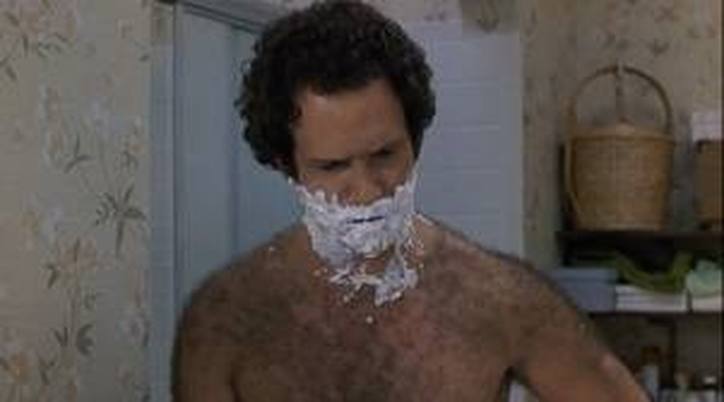
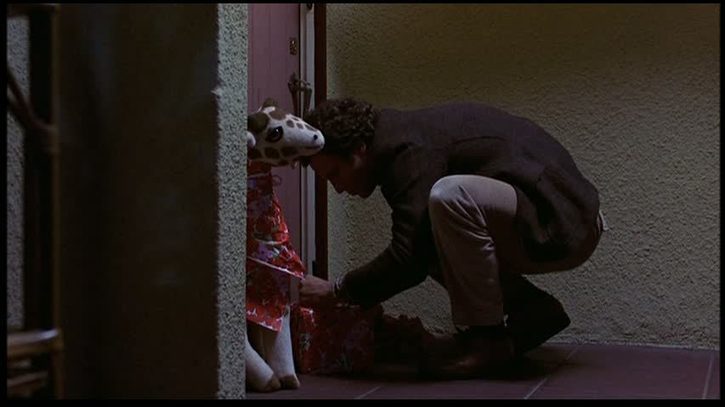
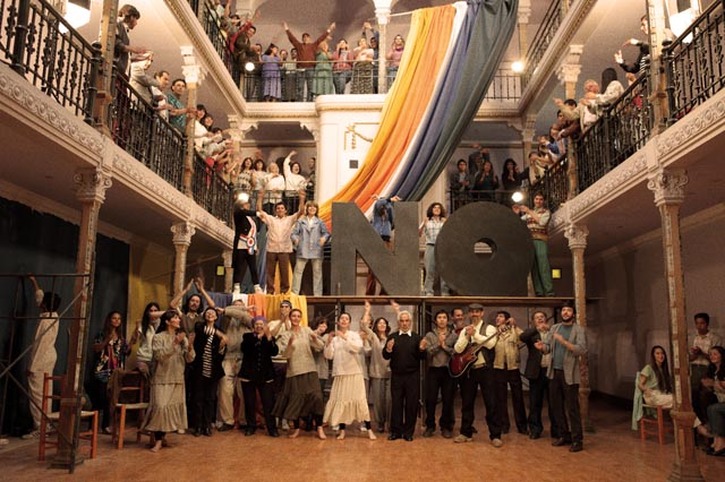
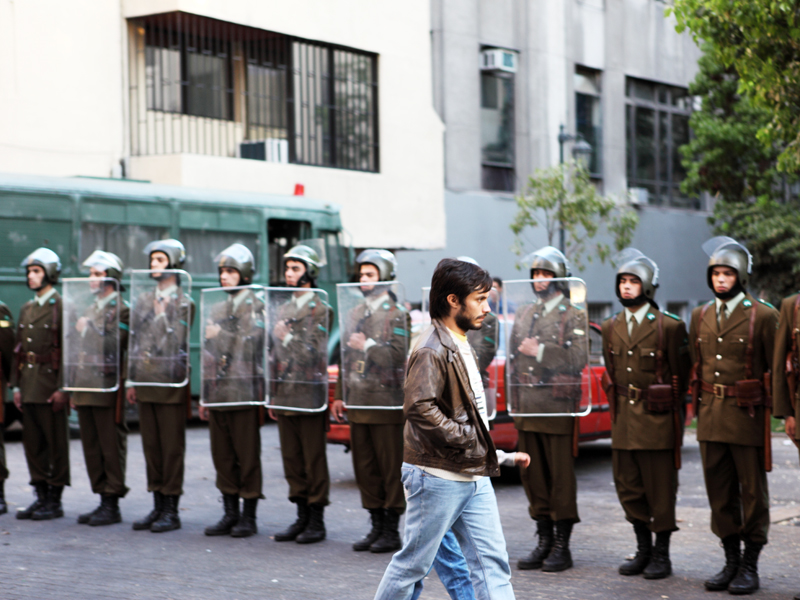
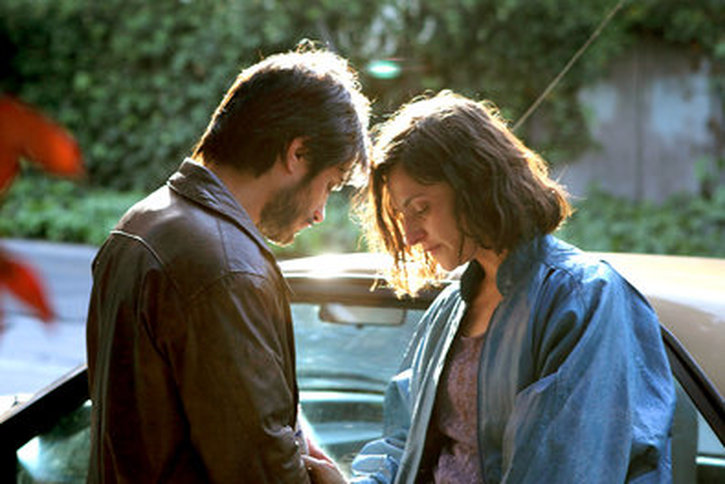
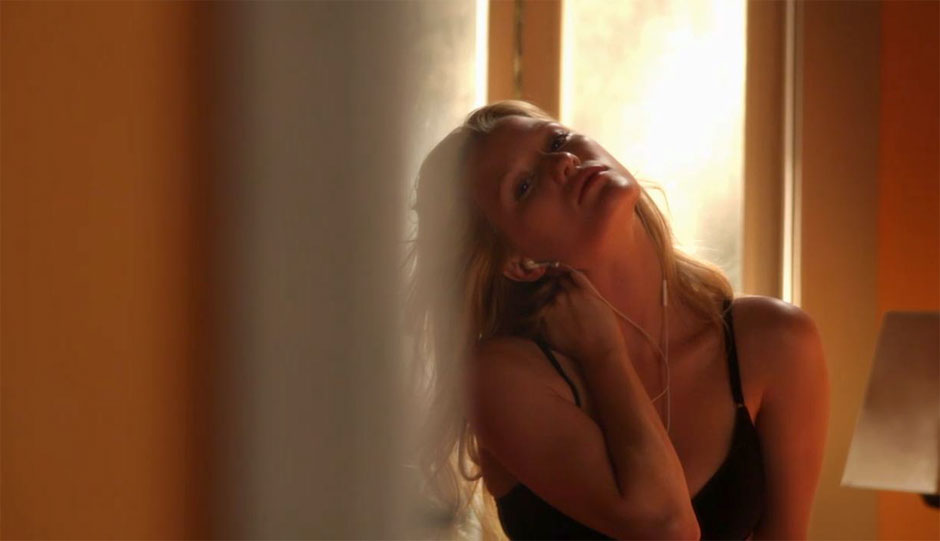
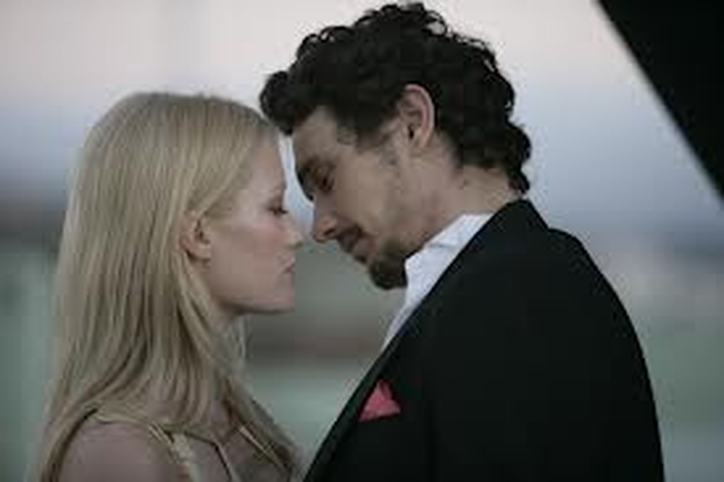
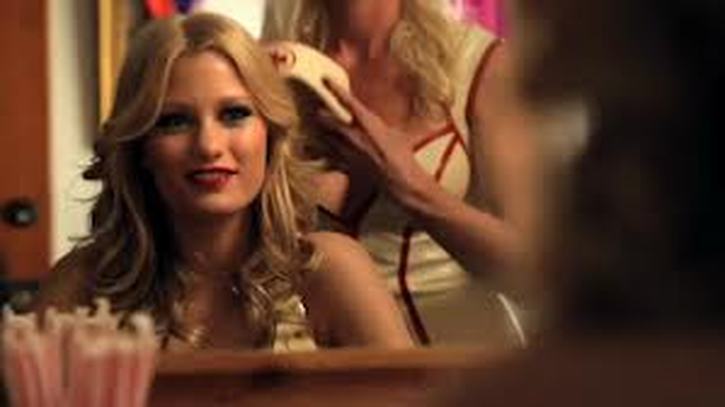
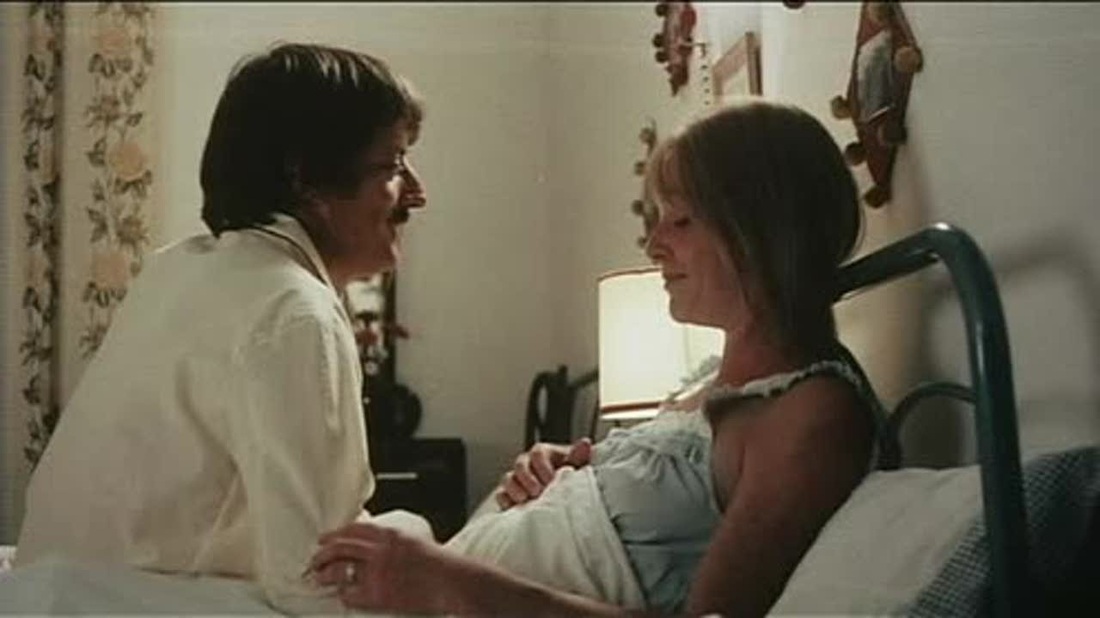
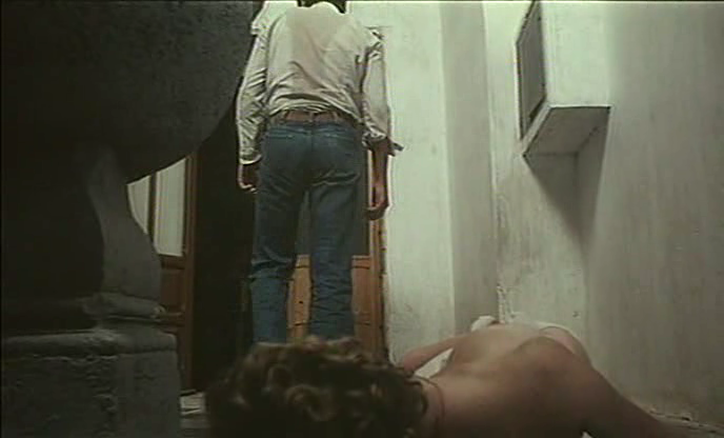
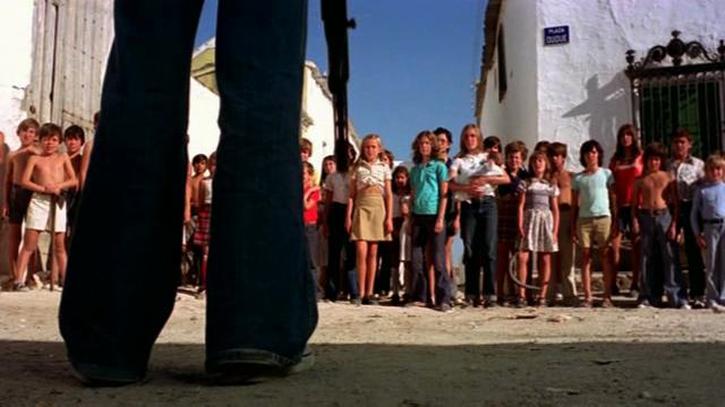
 RSS Feed
RSS Feed
